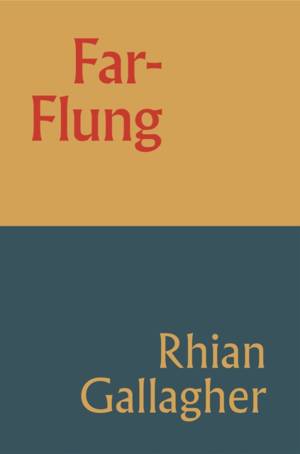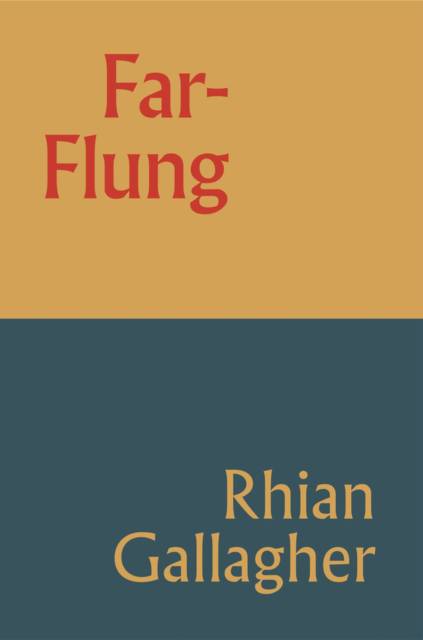
- Afhalen na 1 uur in een winkel met voorraad
- Gratis thuislevering in België vanaf € 30
- Ruim aanbod met 7 miljoen producten
- Afhalen na 1 uur in een winkel met voorraad
- Gratis thuislevering in België vanaf € 30
- Ruim aanbod met 7 miljoen producten
Zoeken
Omschrijving
Far-Flung traverses multiple terrains--home and upheaval, our connection to the environment and to people, our relation to the past, place and placelessness. From 'the Kilmog slumping seaward' to 'the bracts and the berries and the leaves' of the Mackenzie country, the moth ('courier of bloom powder'), the wind that grows like an animal and 'the great loneliness / of grass'--Gallagher is in conversation with the natural world. Her lyric poems, marked by attentiveness, have an earthy, intuitive music and a linguistic clarity. Gallagher moves easily from the ecological and personal concerns of contemporary life to the nineteenth-century Irish migrants and the historic legacy of the Seacliff Lunatic Asylum. The multi-voiced, dramatic sequence 'Seacliff Epistles' draws on a rich variety of poetic forms: from lyric to prose poem, parable to riddle, monologue and letter poem. Bill Manhire called Rhian Gallagher's poetry 'one of the quiet, astonishing secrets of New Zealand writing'. Far-Flung sees the poet's lyric exploration broaden considerably in an assured new work.
Specificaties
Betrokkenen
- Auteur(s):
- Uitgeverij:
Inhoud
- Aantal bladzijden:
- 80
- Taal:
- Engels
Eigenschappen
- Productcode (EAN):
- 9781869409111
- Verschijningsdatum:
- 14/01/2021
- Uitvoering:
- Paperback
- Formaat:
- Trade paperback (VS)
- Afmetingen:
- 130 mm x 196 mm
- Gewicht:
- 158 g

Alleen bij Standaard Boekhandel
+ 69 punten op je klantenkaart van Standaard Boekhandel
Beoordelingen
We publiceren alleen reviews die voldoen aan de voorwaarden voor reviews. Bekijk onze voorwaarden voor reviews.











